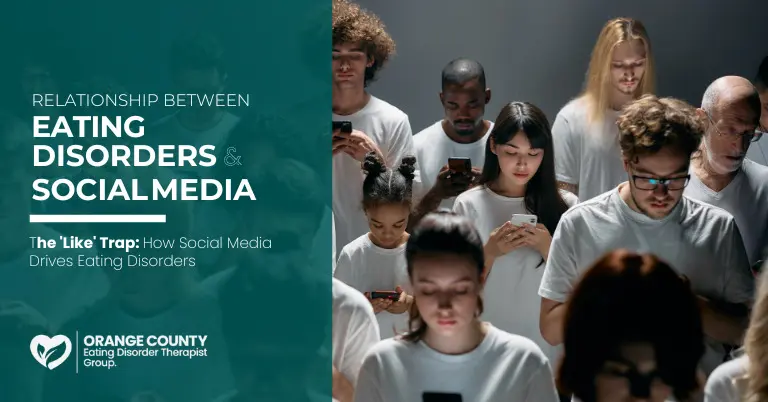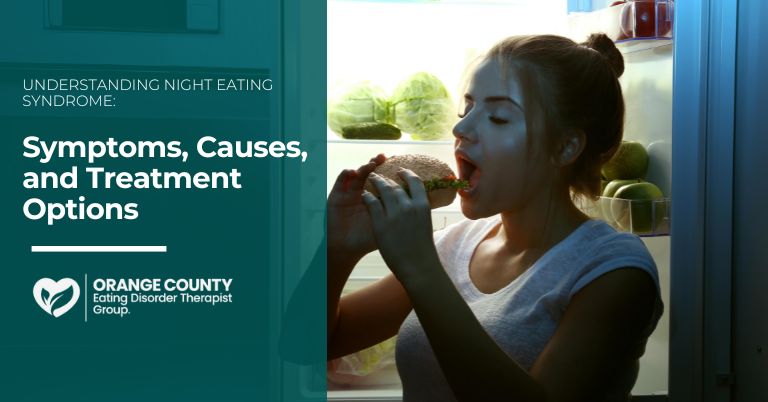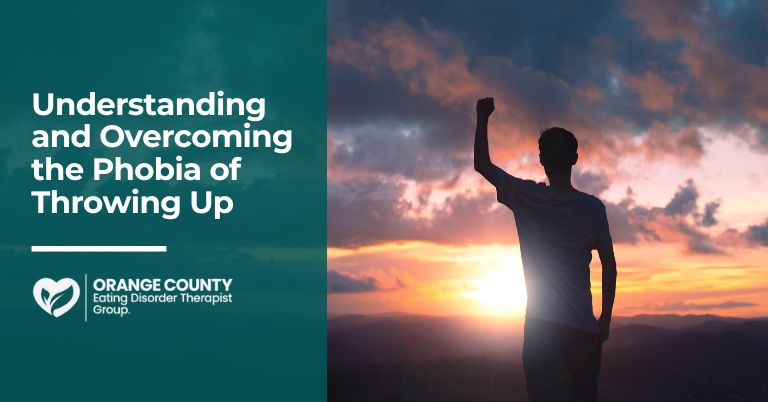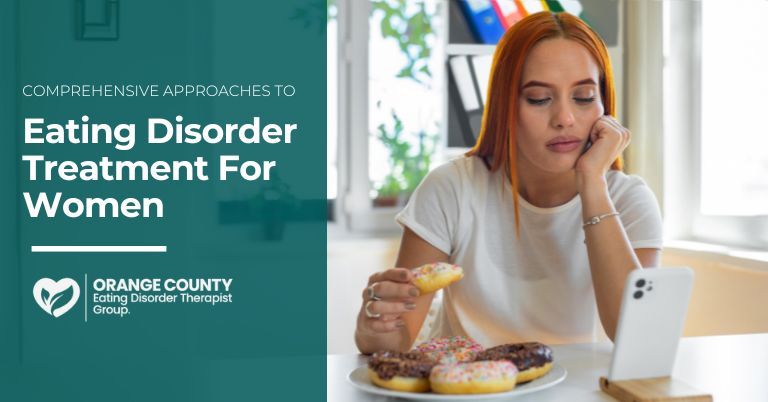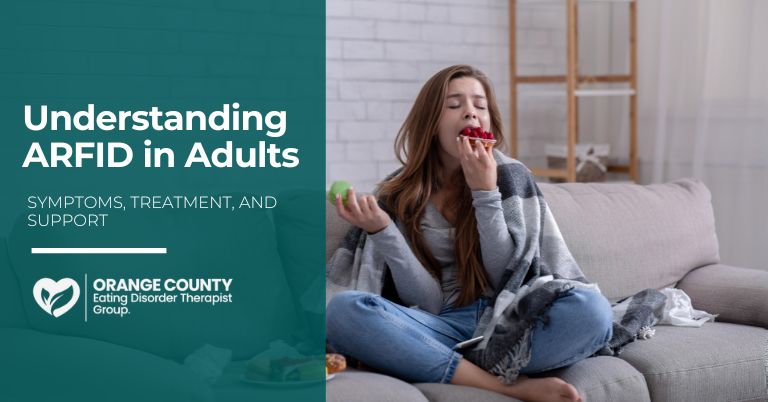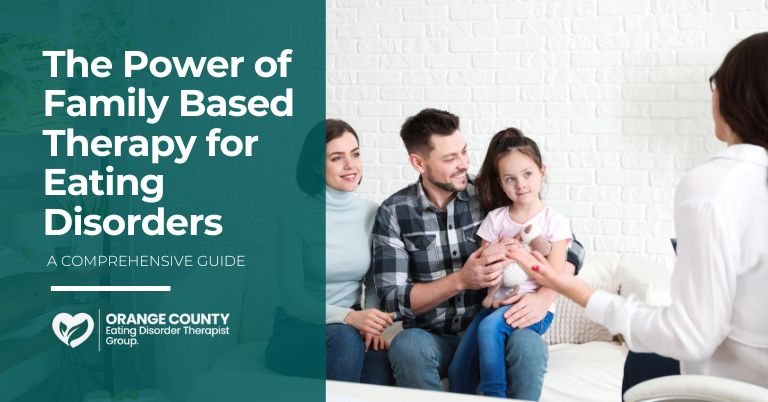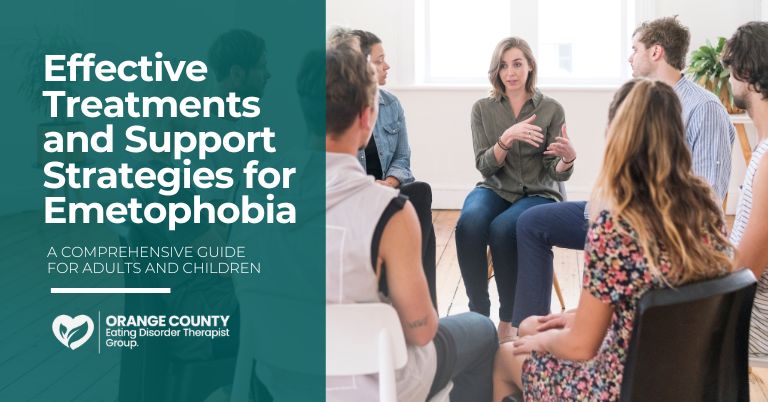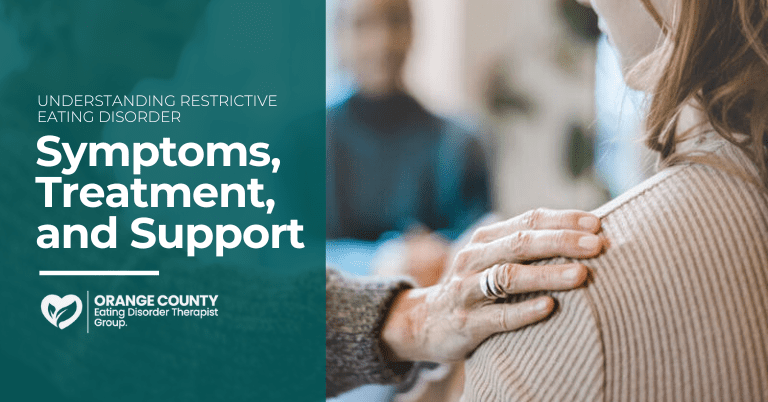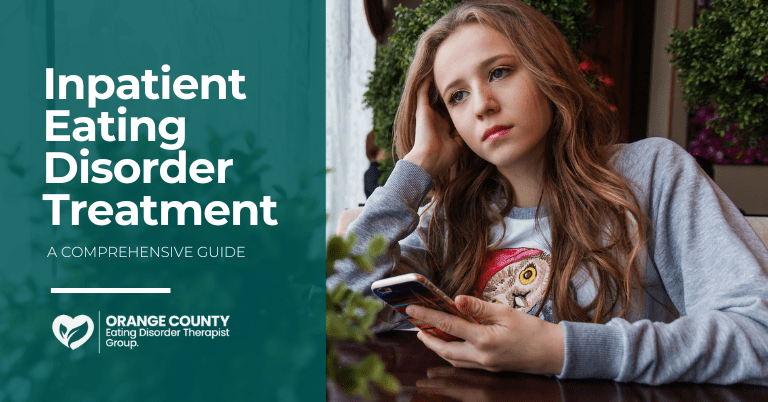Eating Disorders and Social Media
Social media has become an integral part of our daily lives, exerting a significant influence on how we perceive ourselves, others, and the world. Have you ever wondered eating disorders and social media would have any connection? well as a matter of fact, these platforms not only reflect but also shape trends in various aspects of life, such as music, fitness, fashion, and marketing. However, it’s important to acknowledge that while social media brings many positives, it also has its downsides.
One notable downside is the emergence of a comparison culture. On social media, it’s easy to fall into the trap of comparing ourselves to others, especially when it comes to beauty standards. The curated images and idealized lifestyles showcased online can create unrealistic expectations. These unrealistic standards can affect our self-esteem and body image, leading to feelings of inadequacy.
In some instances, social media trends can even inadvertently encourage disordered eating behaviors. Fad diets, extreme workout routines, and constant exposure to images of seemingly “perfect” bodies can influence people to adopt unhealthy eating habits in pursuit of an idealized physique. This can be particularly harmful for individuals who are already vulnerable to eating disorders.
However, it’s not all negative. Social media also offers a platform for support, connection, and awareness. It can connect individuals who are struggling with eating disorders to communities that provide understanding and guidance. Additionally, it can raise awareness about the dangers of unrealistic beauty standards and promote body positivity and self-acceptance.
4 Ways Social Media Can Trigger an Eating Disorder
Social media has the potential to trigger eating disorders in several ways, and it’s important to be aware of these issues:
- Unrealistic Beauty Standards: Constant exposure to heavily edited and perfected images of ultra-thin individuals can create a distorted sense of what’s considered normal. People, especially young ones, may feel pressured to conform to these ideals to gain acceptance and popularity online.
- Pro-Eating Disorder Content: Some social media platforms host content that promotes anorexic and bulimic behaviors, often referred to as “pro-ana” and “pro-mia” content. These sites encourage unhealthy habits and showcase images of extremely thin individuals as “thinspiration,” which can be harmful and triggering.
- Cyberbullying: Cyberbullying on social media can negatively impact self-esteem and body image, contributing to the development of eating disorders. People who don’t meet societal beauty standards may face fat-shaming and hurtful comments online.
- Isolation and FOMO: Social media can also foster feelings of exclusion and isolation. Seeing friends engaging in activities without you, a phenomenon known as FOMO (fear of missing out), can lead individuals to believe that improving their appearance will make them more popular or gain more friends.
It’s crucial to recognize these potential triggers and promote a healthier online environment that prioritizes well-being and self-acceptance.
The Potential Risks of Eating Disorders and Social Media
Eating disorders are complex mental health conditions that can result from a mix of genetic, biological, and environmental factors. Unfortunately, social media trends can sometimes exacerbate disordered eating behaviors. The curated and often unrealistic content we encounter online can lead us to compare ourselves to others and feel pressured to conform to society’s narrow standards of beauty and body size.
Several studies have highlighted the link between eating disorders and social media which lead to issues related to body image and food:
- A study involving women aged 18 to 25 found that frequent exposure to fitspiration images on Instagram was associated with increased self-objectification and concerns about body image.
- Research has shown that viewing nutrition and exercise content on platforms like Twitter and Instagram is linked to a higher risk of developing disordered eating patterns.
- LGBTQIA+ men who frequently use social media platforms are more likely to experience body image concerns centered around muscularity and eating-related issues.
Social media can be particularly challenging for individuals in recovery from eating disorders. Posts promoting weight loss, strict workout routines, or diets can trigger thoughts and behaviours associated with the disorder. In such cases, you must utilize the coping strategies you’ve developed with your treatment team to navigate these triggers.
However, it’s worth noting that social media isn’t all negative. There are ways to use these platforms to support your recovery journey. Many accounts and groups like Instagram, Facebook, and TikTok focus on body acceptance and eating disorder recovery.
In the past year, Pinterest took a clear stand by prohibiting anti-vaccine content on its platform. Instead, when users search for harmful misinformation, Pinterest redirects them to information from reputable sources like the World Health Organization. This move aims to promote accurate and reliable information about vaccines and protect public health.
Snapchat has just introduced a helpful new feature called “Here For You.” This tool is designed to connect users who are looking for information on topics like depression, anxiety, and thinspo (short for thinspiration) with valuable content created by mental health experts. It’s a great way for people to access reliable information and support when they need it.
These communities can provide inspiration, hope, and valuable information about eating disorders and recovery.
You can also connect with like-minded individuals and join recovery-oriented groups online, where you’ll find understanding, support, and a sense of community that can be essential to healing. Ultimately, social media can be a double-edged sword when it comes to eating disorders, but with careful selection and mindful engagement, it can offer valuable resources and connections to support your recovery journey.
Tips on How To Protect Your Recovery When Using Social Media
It is an undenying fact that eating disorders and social media are interrelated, while many people find it challenging to completely give up social media, it’s important for those with eating disorders or a susceptibility to body dissatisfaction to take extra care of themselves by being mindful of their social media consumption and its impact on their mood and behavior. Here are some practical tips for healthier social media use:
- Remove social media apps from your phone: Most of us have our phones with us all the time, making it easy to access social media 24/7. Removing social media apps from your phone can help break the cycle of mindless and compulsive scrolling.
Try accessing social media through a different platform for a week and observe how it affects your well-being. Spend more time engaging with your physical surroundings rather than your phone screen.
- Unfollow accounts that make you feel bad: Remember that you have the power to curate your social media feed. You don’t owe anyone your social media friendship or following. Unfollow accounts, including influencers, that trigger negative emotions or make you feel insecure about your appearance.
It’s okay to prioritize your recovery and mental health. You can also use the mute function to hide content from accounts without unfollowing them.
- Find body-positive accounts to follow: Seek out and follow accounts that promote body positivity and self-acceptance.
There are numerous body-positive organizations and spaces online that can provide inspiration and support.
- Set a timer: Research suggests that spending extended periods on social media platforms in one sitting can intensify feelings of body dissatisfaction.
Use a timer on your phone or an online timer to limit your social media browsing to 10 to 15 minutes at a time. This can help you stay mindful of your usage.
- Follow unrelated interests: Diversify your social media feed by following accounts that have nothing to do with body image, fashion, or fitness. Explore hobbies, interests, and causes that you’re passionate about, such as home décor, gardening, politics, inspirational quotes, or any other non-body-related topics.
This reminds you that you are more than your appearance, and your social media presence can reflect that.
- Consider taking a break: Even if you generally view social media as a positive force in your life, occasional breaks can be beneficial. Humans lived for millennia without social media, and breaks from various aspects of life are essential.
If needed, ask someone you trust to change your social media password temporarily, providing you with a chance to disconnect and recharge. This accountability can help limit your browsing during the break.
Remember, your mental and emotional well-being should always be a priority. By implementing these tips, you can maintain a healthier relationship with social media while safeguarding your recovery and self-esteem.
Eating Disorders and Social Media – Examples
Here are two real-life stories that highlight how social media can impact individuals with eating disorders:
Emma, Age 17
Emma, a seventeen-year-old girl, developed anorexia after she started following influencers promoting a “clean lifestyle” on Instagram. She had struggled with negative body image due to feeling slightly overweight before. Emma saw clean eating as the solution to her weight concerns and began cutting out food groups from her diet while exercising excessively.
She began obsessively following Instagram hashtags related to weight loss and watching YouTube videos that promoted anorexic behaviors as a way to achieve “success” with her eating disorder. After losing a significant amount of weight, her pediatrician recommended professional counseling for her potential eating disorder. This is when Emma started her journey towards recovery.
Following around 18 months of specialized treatment with a therapist and dietitian, she now only requires periodic check-ins to maintain her progress and prevent relapse.
Sarah, Age 24
Sarah, a twenty-four-year-old student, shared her experience in a 2018 documentary called “The Social Media Cult.” She explained how social media played a significant role in the development of her eating disorder. Sarah used Instagram for what she called “thinspiration.” Constant exposure to images of extremely thin individuals motivated her to continue dieting and engaging in excessive exercise routines.
This unhealthy cycle resulted in physical consequences such as thinning hair, lower body temperature, and a poor quality of life. Eventually, Sarah decided to seek therapy to address her eating disorder. With professional help, she successfully recovered and is now advocating against the dangers of social media.
What To Do If You Have A Relapse Due to Social Media
Experiencing a relapse in your eating disorder due to the influence of social media can be a distressing and challenging setback.
However, it’s essential to remember that setbacks are a common part of the recovery journey, and seeking help is a crucial step toward getting back on track. In this section, we will explore what to do if you find yourself facing a relapse triggered by social media.
- Recognize the Signs and Be Kind to Yourself
The first step in addressing a relapse is to recognize the signs. Acknowledge that social media has played a role in triggering negative thoughts or behaviors related to your eating disorder. It’s essential to be gentle with yourself during this process, as self-compassion is key to recovery.
- Reach Out to Your Support Network
Don’t face a relapse alone. Reach out to friends, family members, or anyone in your support network who has been part of your recovery journey. Share your struggles and concerns with them. Talking about your feelings can help alleviate some of the emotional burden you may be carrying.
- Consult with Your Therapist
If you have been working with an eating disorder therapist, it’s crucial to reach out to them as soon as possible. Your therapist plays a pivotal role in your recovery and can provide valuable guidance during this challenging time.
They are trained to understand the complexities of eating disorders, the triggers, and the various types of eating disorders that individuals may experience.
- Search for an Eating Disorder Specialist
If you don’t already have a therapist, consider searching for one nearby. Use online resources or consult with your primary care physician to find an eating disorder therapist near me. An eating disorder expert specializes in treating individuals with eating disorders and can offer tailored therapeutic interventions to address your specific needs.
- Explore the Role of an Eating Disorder Expert
Eating disorder therapists play a multifaceted role in your recovery. They offer a safe and non-judgmental space for you to discuss your challenges and emotions. Their expertise allows them to identify the unique triggers that contribute to your relapse, which may include the influence of social media. They can help you develop strategies to cope with these triggers effectively. So look for an Eating Disorder Specialist near me through different resources.
- Discuss the Impact of Social Media on Your Recovery
During your sessions with an eating disorder therapist, open up about the role social media has played in your relapse. Discuss the specific content or accounts that have triggered your negative thoughts or behaviors. Your therapist can work with you to develop strategies for managing your exposure to social media while maintaining a healthy online presence.
- Consider an Eating Disorder Dietician
In addition to therapy, you may benefit from consulting with an eating disorder dietician near me. These professionals specialize in helping individuals with eating disorders establish and maintain a healthy relationship with food.
They can create personalized meal plans that align with your recovery goals and address any concerns related to food and nutrition.
- Explore Types of Eating Disorders
Understanding the various types of eating disorders is essential in your recovery journey. Whether you are dealing with anorexia nervosa, bulimia nervosa, binge-eating disorder, or another type, an eating disorder therapist and dietician can tailor their approach to address your specific diagnosis and needs.
- Commit to Your Recovery
Recovering from an eating disorder is a process that requires dedication and patience. Commit to your recovery journey, even when faced with setbacks. Lean on your support network, seek professional help, and stay committed to the treatment plan outlined by your therapist and dietician.
Exploring the Role of Counseling and Therapy
Eating disorders, such as bulimia and anorexia, are complex and challenging conditions that affect individuals physically, emotionally, and mentally.
Seeking professional help through eating disorder therapy and counseling is a crucial step towards recovery. These therapeutic approaches are tailored to address the specific needs and nuances of each eating disorder, providing individuals with the guidance and support they require.
Bulimia Therapy
Bulimia nervosa is characterized by recurrent episodes of binge eating followed by purging behaviors, such as self-induced vomiting or excessive exercise. Bulimia therapy focuses on understanding the underlying causes of the disorder, developing healthier coping mechanisms, and addressing the harmful cycle of bingeing and purging.
In therapy, individuals work closely with trained therapists who specialize in eating disorders. These therapists create a safe and non-judgmental environment where clients can explore the emotional triggers that lead to binge and purge episodes.
Through cognitive-behavioral therapy (CBT) techniques and other evidence-based approaches, individuals learn to challenge distorted thoughts, manage impulses, and establish a more positive relationship with food.
Anorexia Therapy
Anorexia nervosa is characterized by restrictive eating, an intense fear of gaining weight, and a distorted body image. Anorexia therapy is specifically designed to address the unique challenges faced by individuals with this eating disorder.
Individuals work with an eating therapist who understands the complexities of the condition. These therapists help clients confront their fears surrounding food, body image, and weight gain.
Therapeutic techniques like CBT, family-based treatment (FBT), and dialectical behavior therapy (DBT) may be utilized to challenge the eating disorder’s rigid thought patterns and behaviors.
The Role of Eating Disorder Counseling
Eating disorder counseling is an essential component of the treatment process for both bulimia and anorexia. Counseling provides a safe and supportive space for individuals to explore the underlying emotional issues contributing to their eating disorder and to develop strategies for healing.
Eating disorder counselors are trained to address the psychological and emotional aspects of these conditions. They help individuals navigate the complex interplay between their thoughts, emotions, and behaviors related to food and body image.
By uncovering the underlying triggers and coping mechanisms, individuals can work towards lasting recovery.
Comprehensive Treatment Approach
It’s important to note that a comprehensive approach to eating disorder treatment often involves a combination of therapy, counseling, and medical interventions. Medical professionals, including dieticians and physicians, may be part of the treatment team to address the physical health implications of these disorders.
Orange County Eating Disorder Therapist Group Renews Your Health
At Orange County Eating Therapist Group, we are driven by a commitment to ensuring that everyone has access to high-quality, evidence-based care. Our team of experts remains steadfast in staying informed about the latest research and advancements in eating disorder treatment techniques. We believe in equipping individuals with the skills and resilience necessary to conquer their eating disorders and lead fulfilling, healthy lives.
Whether you are seeking support for yourself or a loved one, our primary goal is to assist you in building the tools and strength required to triumph over your eating disorder and ultimately experience happiness and well-being.
FAQs on Eating Disorders and Social Media
1. Does having an eating disorder create mental illness?
Eating disorders are classified as mental illnesses themselves. They are complex conditions that involve severe disturbances in eating behavior and are often accompanied by intense preoccupation with food, body weight, and shape. These disorders, such as anorexia nervosa, bulimia nervosa, and binge-eating disorder, are mental health conditions that can co-occur with other mental illnesses like anxiety, depression, or obsessive-compulsive disorder.
2. What’s the difference between eating disorders and disordered eating?
Eating disorders and disordered eating are related concepts but differ in severity and clinical diagnosis.
3. What is an eating disorder?
An eating disorder is a diagnosable mental health condition characterized by persistent and severe disruptions in eating behavior, accompanied by emotional distress and preoccupation with body weight and shape. Examples include anorexia nervosa, bulimia nervosa, and binge-eating disorder.
4. What is disordered eating?
Disordered eating refers to a range of irregular eating behaviors and attitudes toward food, body image, and weight that do not meet the criteria for a clinical eating disorder. It may include occasional episodes of binge eating, skipping meals, or dieting excessively. While not a diagnosable disorder, disordered eating can still have negative physical and emotional effects.
5. Can disordered eating lead to an eating disorder?
Yes, disordered eating behaviors can sometimes escalate into full-blown eating disorders. It’s essential to recognize and address disordered eating patterns early to prevent their progression and seek professional help if necessary.
6. Are eating disorders a form of self-harm?
Eating disorders are not considered self-harm in the traditional sense, but they can harm one’s physical and mental health significantly. People with eating disorders often engage in harmful behaviors related to eating, food restriction, or purging to cope with emotional distress, low self-esteem, or other underlying issues.
7. Are eating disorders only about food and weight?
No, eating disorders involve complex psychological factors beyond food and weight. They often serve as coping mechanisms for underlying emotional issues, such as anxiety, depression, trauma, or low self-esteem. Treatment for eating disorders typically addresses these underlying factors as well.

